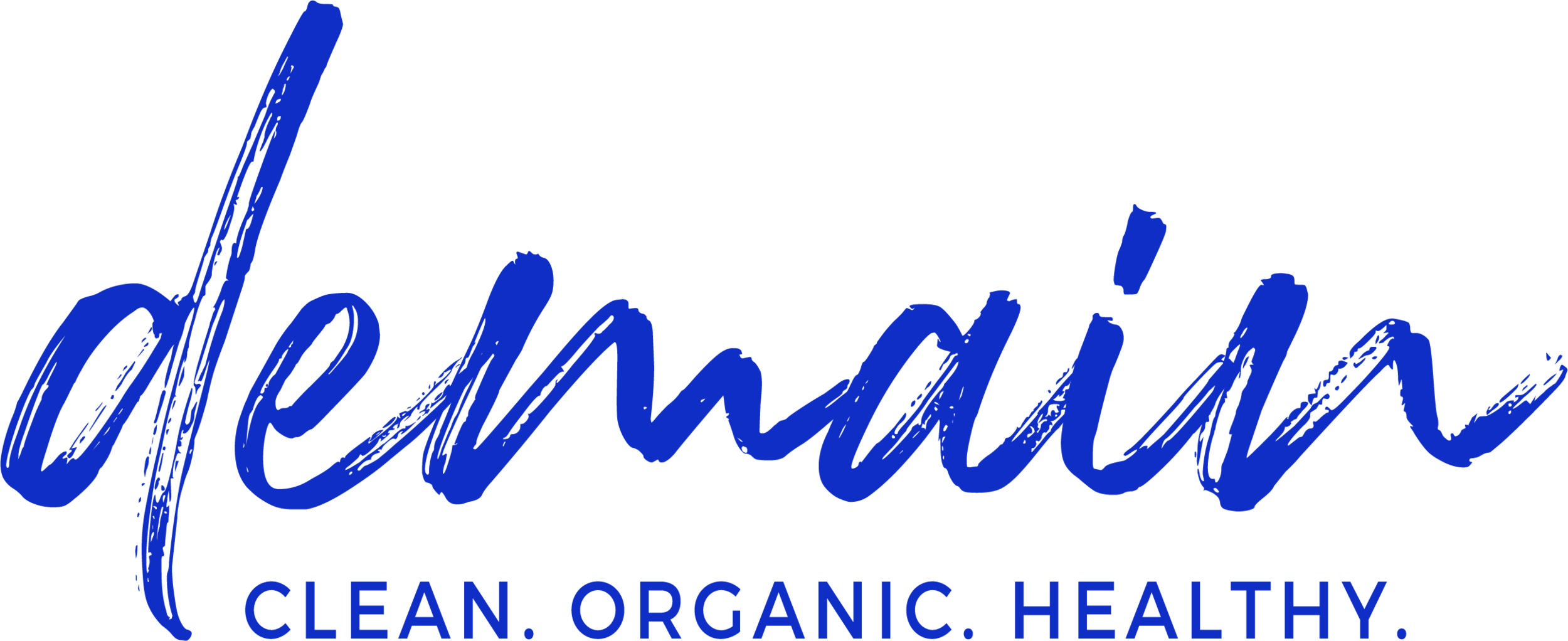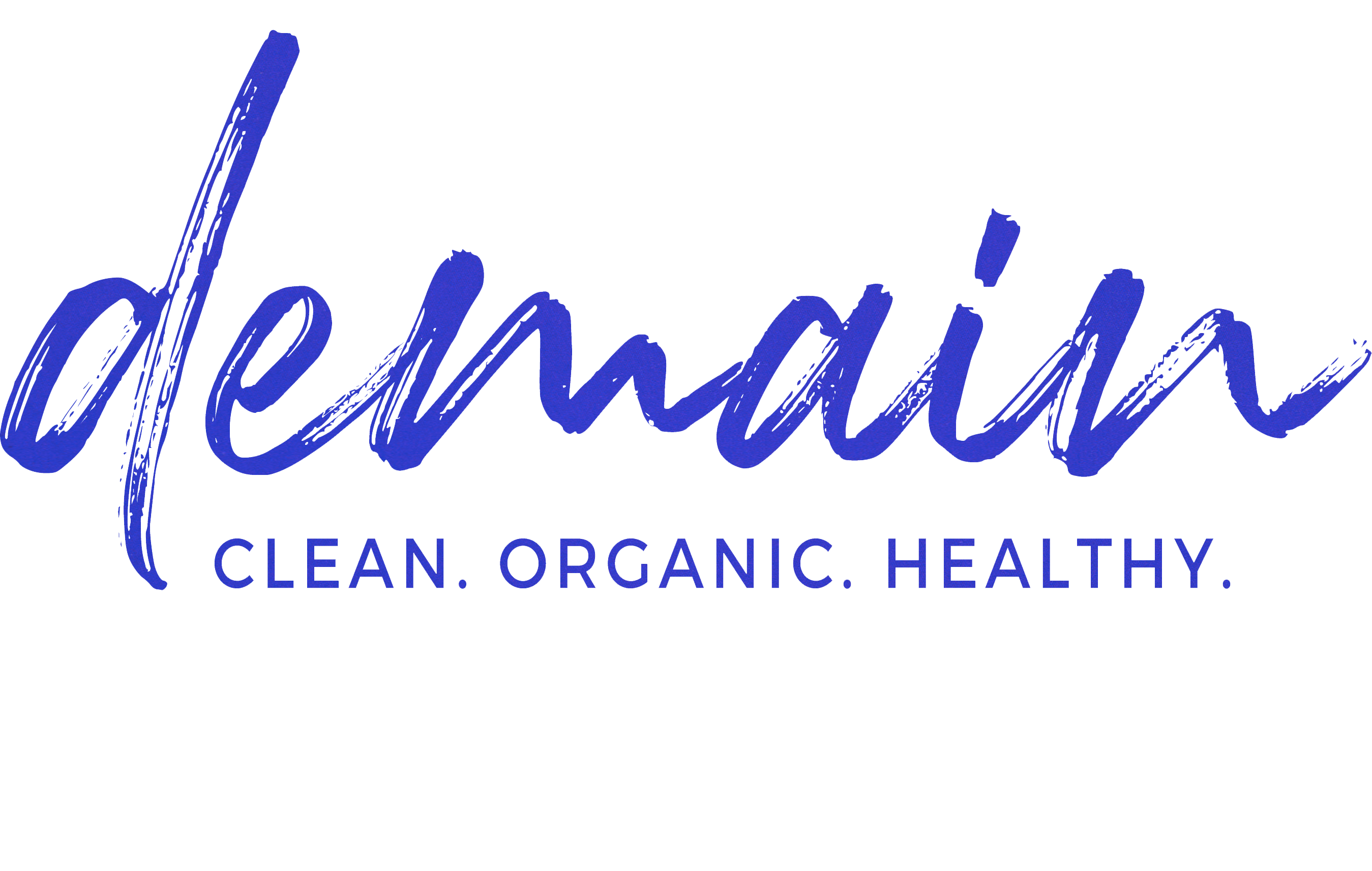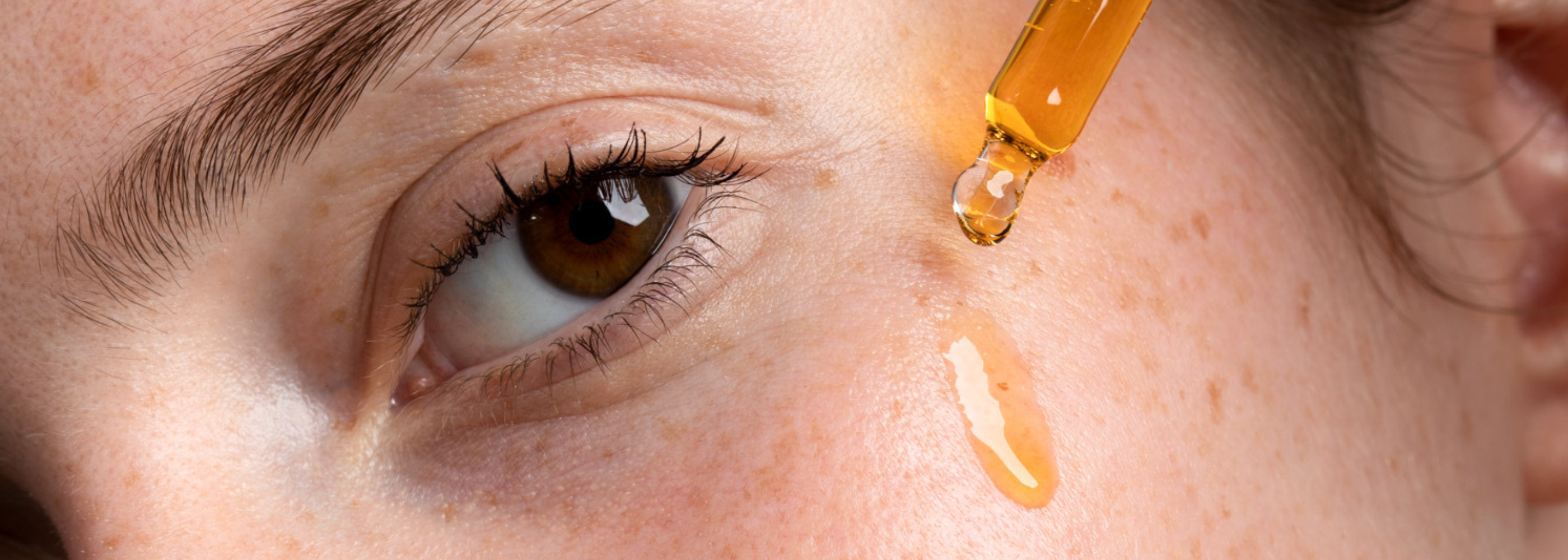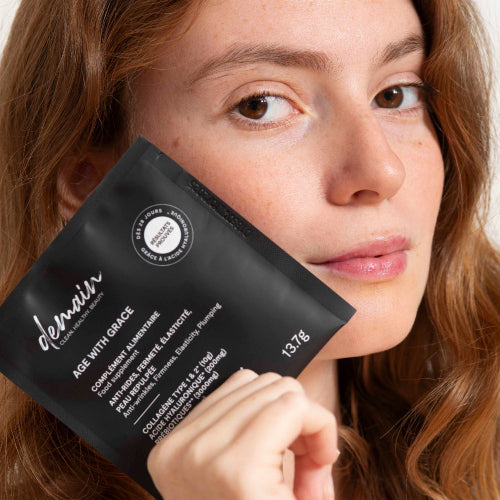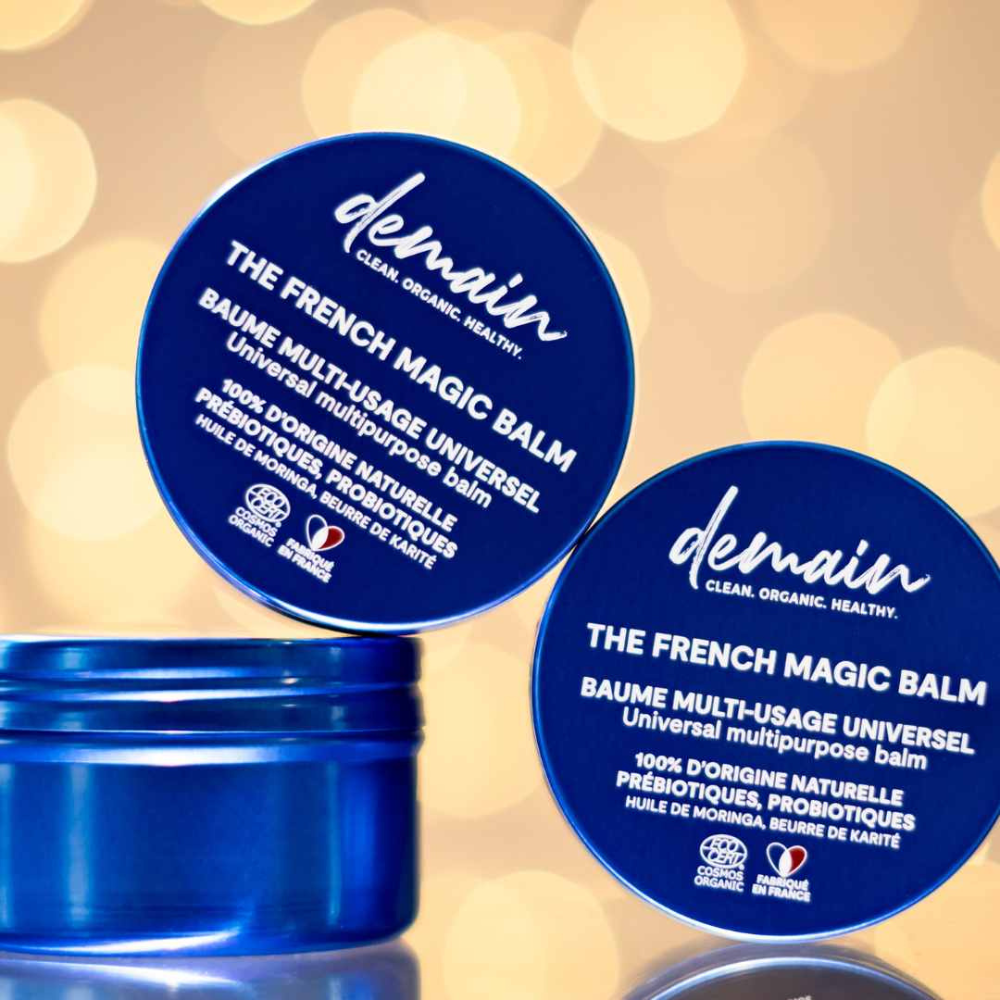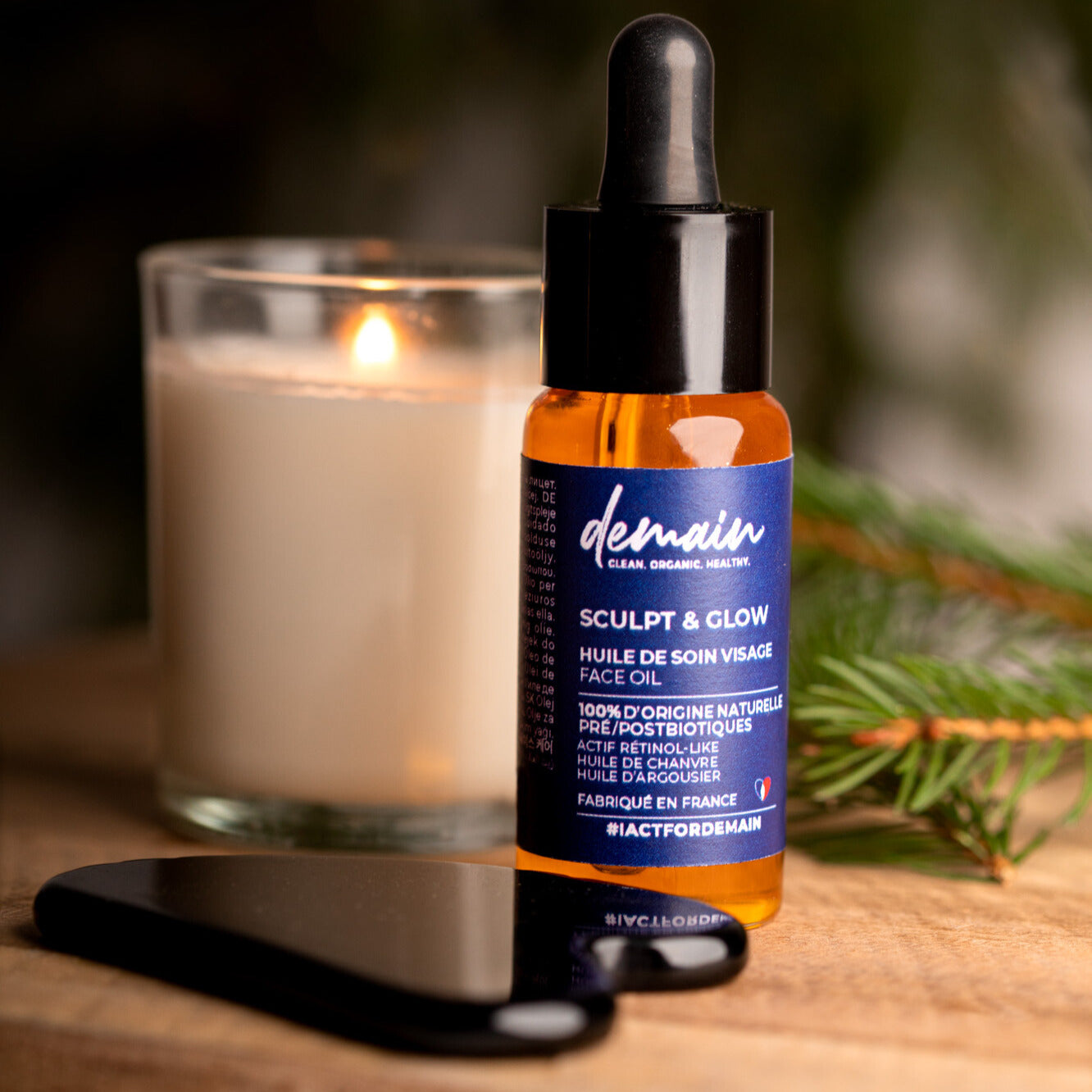PFAS finally banned in cosmetics: an essential step forward for health and the environment
PFAS ( Per- and Polyfluoroalkyl Substances ), also known as "eternal pollutants" , are chemical substances that have invaded our daily lives since the 1940s. Present in many industrial and consumer products, they are found in particular in cosmetics , waterproof textiles , food packaging and even drinking water .
But behind their resistant properties and widespread use, these substances hide a worrying toxicity . Fortunately, the new law n°2025-188 of February 27, 2025 establishes a strict framework by gradually banning PFAS in consumer products.
Let's decipher this breakthrough together and what it means for the cosmetics industry and for our health.
PFAS: These invisible but omnipresent pollutants
PFAS are a family of more than 10,000 synthetic chemical compounds, designed for their exceptional resistance to water, heat, and grease.
They are found in particular in:
- Cosmetics : foundations, lipsticks, waterproof mascaras, nail polishes, etc.
- Textiles : waterproof clothing, carpets, stain-resistant sofas, etc.
- Food packaging : greaseproof coatings for pizza boxes, food paper, etc.
- Industrial products : fire-fighting foams, lubricants, paints, etc.
The problem? These substances hardly degrade and accumulate in the environment and in our bodies. They have been detected in drinking water, soil, and even human blood .
At DEMAIN BEAUTY, we didn't wait for a law to act.
This ban is excellent news for the cosmetics industry and for consumers.
But at DEMAIN BEAUTY , we have always been convinced that it was possible to formulate differently .
Since our creation, we have chosen 100% clean formulas, without PFAS or controversial substances.
Our commitment is clear: to take care of your skin today without compromising your health or that of the planet tomorrow.
We're excited to see the industry moving in this direction, because more responsible beauty is not only possible, but necessary.

Why was it necessary to ban PFAS?
A proven health risk
Several scientific studies have linked exposure to PFAS to adverse health effects , including:
- Hormonal disturbances
- An increased risk of certain cancers
- Negative effects on fertility
- A weakening of the immune system
In short, these substances persist in our body and can, in the long term, harm our biological balance .

A silent ecological disaster: Unlike other chemicals, PFAS do not break down naturally. They pollute soil, water, and wildlife, creating long-lasting contamination that is difficult to remove. Faced with these dangers, it became urgent to act.

How to recognize PFAS in your cosmetics?
Their presence in a cosmetic product is verified by reading the INCI list of cosmetic products.
Also, the main PFAS that you can find are the following:
- PTFE
- PERFLUORODECALIN
- PERFLUORONONYL DIMETHICONE
- POLYPERFLUOROMETHYLISOPROPYL ETHER
- METHYL PERFLUOROISOBUTYL ETHER
- PERFLUOROHEXYLETHYL TRIETHOXYSILANE
- PERFLUOROHEXANE
- POLYPERFLUOROETHOXYMETHOXY DIFLUOROETHYL PEG PHOSPHATE

The PFAS 2025 law: towards a gradual ban in France
Adopted in February 2025, Law No. 2025-188 marks a turning point in the regulation of PFAS in France.
What the law provides:
- January 1, 2026 : Ban on PFAS in cosmetics, food packaging and waterproof textiles.
- July 1, 2027 : General ban, except for a few industrial uses deemed essential.
- Enhanced control of drinking water : Obligation to monitor and limit the presence of PFAS in water intended for human consumption.
This progress is part of a global trend , since the European Union is also working on restricting PFAS via the REACH regulation .
Towards more transparent and committed cosmetics
This ban on PFAS marks a step towards cleaner, healthier, and more transparent cosmetics. But there's still a long way to go.
And you, have you ever checked the composition of your cosmetics?
Join the movement! Share this article and let's discuss the future of responsible cosmetics.
#CleanBeauty #PFAS #Health #Environment #TomorrowBeauty #ResponsibleCosmetics
